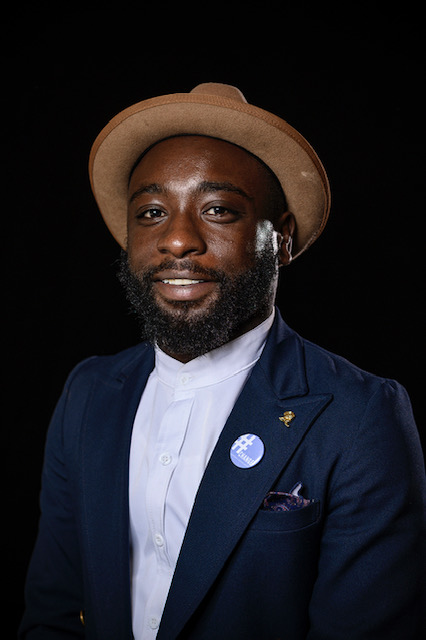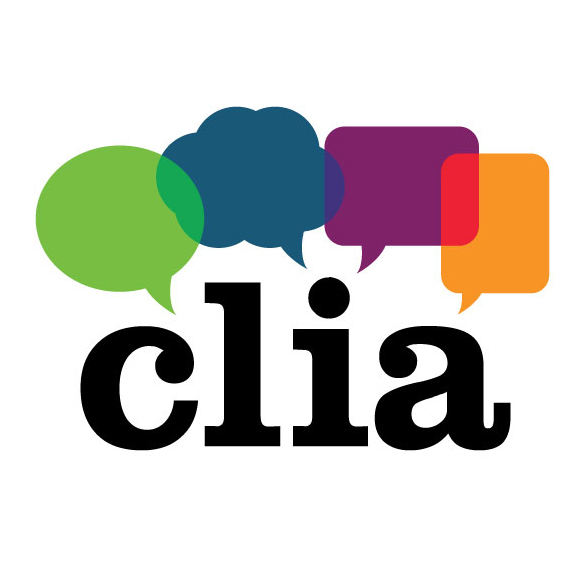
RASHAD STATON
Executive Director
“I may not change the world, but I guarantee that I will spark the minds of change” —Tupac Shakur.
Rashad Staton is the fourth executive director of Community Law in Action, Inc. A proud Baltimore native, Rashad is a past Fellow of Campaign of Black Male Achievement, BMe Vanguard Fellow, Center for Urban Families – Practitioner Leadership Institute Fellow, Annie E. Casey Foundation – Young Emerging Leader Fellow and a graduate of Johns Hopkins University’s Bunting Neighborhood Leadership Fellow Program.
Rashad proudly served as a U.S. Congressional Page and intern under Congressman Elijah Cumming and was a former Baltimore City Youth Commissioner. Rashad has worked for several organizations and held various positions at Family League of Baltimore, Higher Achievement, Elev8 Baltimore, AmeriCorps and most recently served as the sole Youth Engagement Specialist for Baltimore City Public School. He has also presented professional workshops nationally addressing topics on youth engagement, social justice, equity and inclusion, civic engagement, and education at various speaking engagement. Rashad is the founder of Catalyst of Change Enterprise, LLC a consultant company working to advance youth and community development and engagement.
Rashad has received several awards and honors, including Fearless Hero, Community Star Award presented by Muhammad Mosque #6, Alumni of the Year Award presented by Morgan State University, and CLIA’s “Inspiring Voices Award.” Rashad is a proud member of Omega Psi Phi Fraternity Inc., Black Professional Men Inc., and 100 Black Men of America.
Rashad is a graduate of Morgan State University with a bachelor’s degree in political science. He is presently working on his master’s degree in public administration with a concentration in non-profit management from the University of Baltimore. As a self-proclaimed “Catalyst of Change,” Rashad centers himself in being a public servant who provides strategic planning and development spaces and opportunities for youth and young adults through an asset and strength-based lens, ultimately changing the narrative and perception from of deficit framing to positive outlooks and outcomes.
